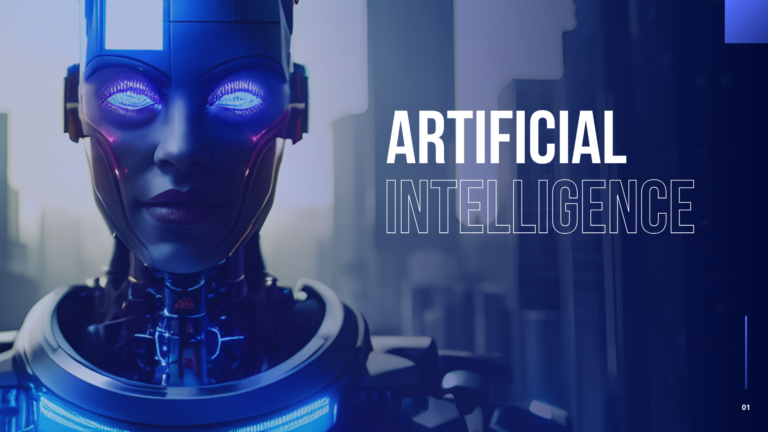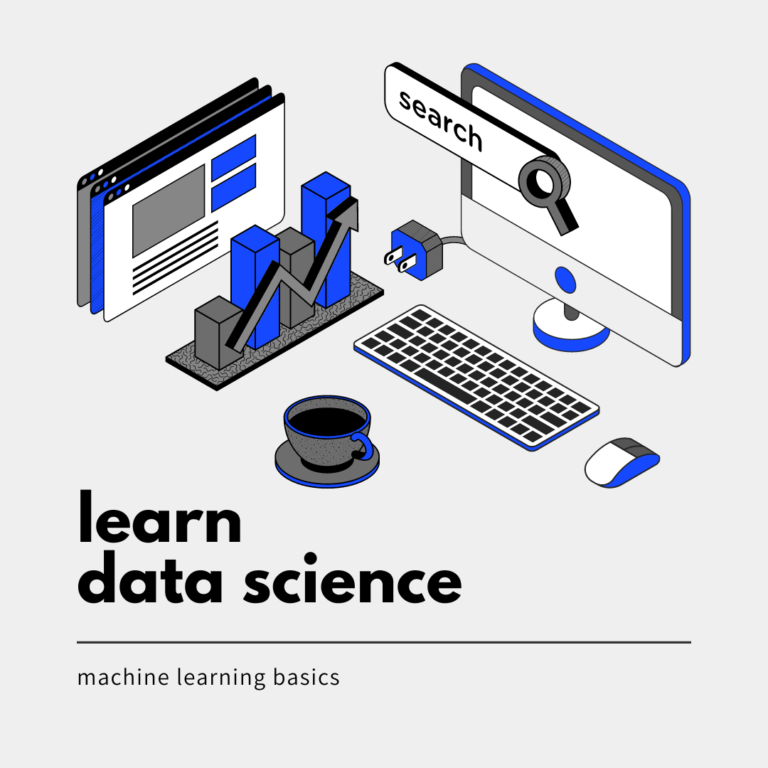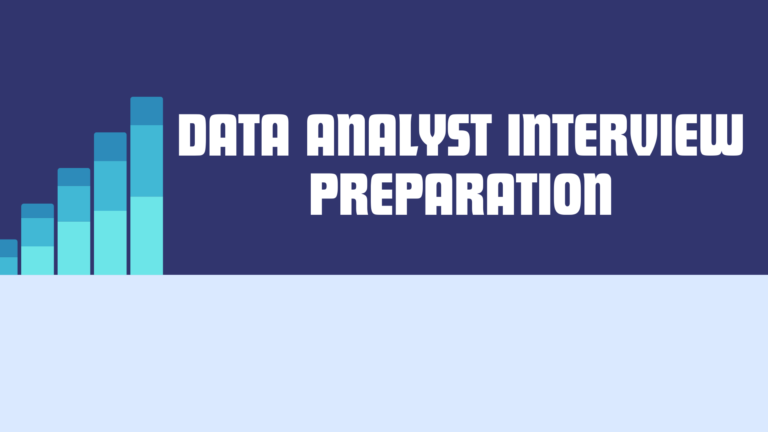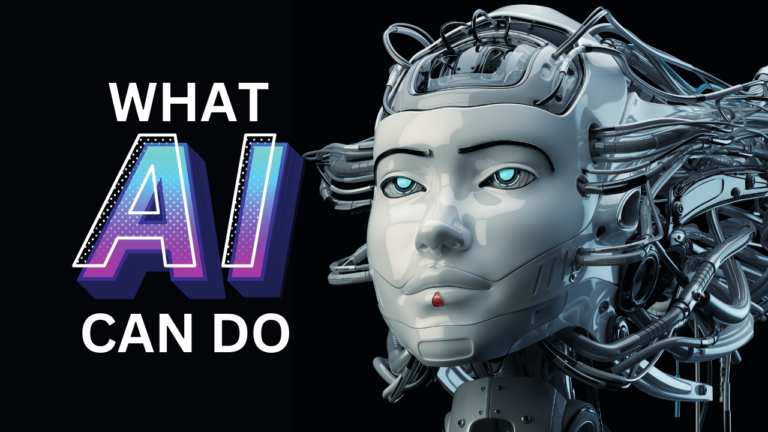Career switch data science
Discover how your present abilities can be used in the analytical domain of data science to realise your full potential. Examine how data science is used in different positions and learn useful strategies for a seamless career move.
Data science has become one of the most popular and desirable professional options in recent years. Data science has become crucial in a variety of industries, including e-commerce, healthcare, and finance, due to its capacity to extract insightful information from massive volumes of data. This thorough guide will give you the steps and insights you need to make a successful career transfer if you’re thinking about going into data science.
The Crucial Function of Experts in Data Science
Combining statistical analysis, sophisticated programming, and domain knowledge to glean valuable insights from intricate datasets requires data science. The need for qualified data scientists has increased as companies depend more and more on data-driven decision-making. Data science is a viable career path since it offers a variety of professions that make use of your abilities to analyze data and make strategic decisions.
How to Make the Switch to Data Science in Your Career
Learn for Yourself: To develop both basic and advanced data science abilities, sign up for Coursera courses.
Create a Portfolio: Use projects, preferably hosted on GitHub, to showcase your data science skills.
Become Certified: To demonstrate your proficiency in data science, obtain industry-recognized certifications via Coursera. Continue reading: Your Resource for Certifications in Data Science
Network: Attend conferences, forums, and meetings to interact with the data science community.
Making the switch to data science necessitates a dedication to lifelong learning and skill application. Through networking and training, professionals from a variety of backgrounds can transition into this area. You will discover your data science specialty by starting with your fundamental understanding and gradually expanding your expertise.
Steps involved in making a career transition to data science?
Step 1: Evaluating Your Present Knowledge and Skills
Since these are the cornerstones of a data science career, start your move to data science by assessing your current programming, statistics, and math abilities. Recognize your strengths and weaknesses in pertinent tools and languages, such as R or Python.
According to a LinkedIn survey, 72% of data professionals stress the value of ongoing skill development in this quickly changing industry. This stage is essential for establishing a targeted learning path and coordinating your professional goals with the needs of the data science sector.
47% of data scientists think that having a solid background in mathematics and statistics is essential for success in the industry, per a KDnuggets study.
Step 2: Develop or Improve Your Math and Statistics Proficiency
Data science requires a strong foundation in mathematics and statistics. Because they are essential for data analysis and interpretation, concentrate on important statistical topics such as probability, descriptive statistics, and inferential statistics. Prioritize studying calculus and linear algebra in mathematics since they are essential for comprehending machine learning algorithms.
- Knowing how to draw conclusions or forecasts about a population from a sample is known as inferential statistics.
- This is essential for using data analysis to make well-informed decisions.
- Understanding how to summarize and characterize a dataset is crucial for preliminary data exploration and interpretation. This is known as descriptive statistics.
- Probability: Develop your ability to compute and evaluate the likelihood of events, which is essential for data science risk assessment and predictive modeling.
Mathematics:
Explore ideas like matrices and vectors in linear algebra, which are crucial for comprehending machine learning algorithms and data transformations.
Calculus: A solid understanding of differential and integral calculus is essential for identifying shifts in data patterns and developing machine learning models.
Gaining expertise in these fields helps you solve challenging data science issues, improves your ability to think analytically, and gets you ready for more complicated machine learning and artificial intelligence subjects.
Step 3: Acquire Programming Knowledge
A job in data science requires proficiency in computer languages like Python or R. Numerous libraries and frameworks created especially for data analysis and machine learning are available in these languages.
Python: Well-liked for its data science adaptability, Python provides libraries like NumPy, Pandas, and Scikit-learn that are crucial for activities involving data analysis and machine learning. Comprehensive Python programming classes are available through resources like Codecademy, Scaler Topics, and Coursera.
Another essential language for data scientists, R is particularly strong in statistical analysis and data visualization. To learn R programming, platforms such as Scaler Topics, DataCamp, and edX offer specialized courses.
Step 4: Engage in Minor Practical Tasks
Although a strong theoretical foundation is essential, data science thrives on real-world implementation.
This is where little, practical initiatives are useful. They enable you to:
Solidify Your Learning: Applying an idea is the greatest approach to fully comprehend it. You can cement your knowledge and pinpoint areas where you might need to brush up by experimenting with various tools and strategies while working on projects.
Develop Your Portfolio: Projects demonstrate prospective employers your expertise and capacity for problem-solving
Step 5: Develop Your Structured Thinking, Storytelling, and Problem-Solving Skills
Data scientists are adept at solving problems. Gaining success in the field requires honing your systematic thinking and problem-solving skills. Developing your storytelling abilities can also help you convey insights from complicated data to stakeholders who are technical and those who are not.
According to a World Economic Forum survey, two of the most sought-after abilities for future employment are creativity and analytical thinking.








